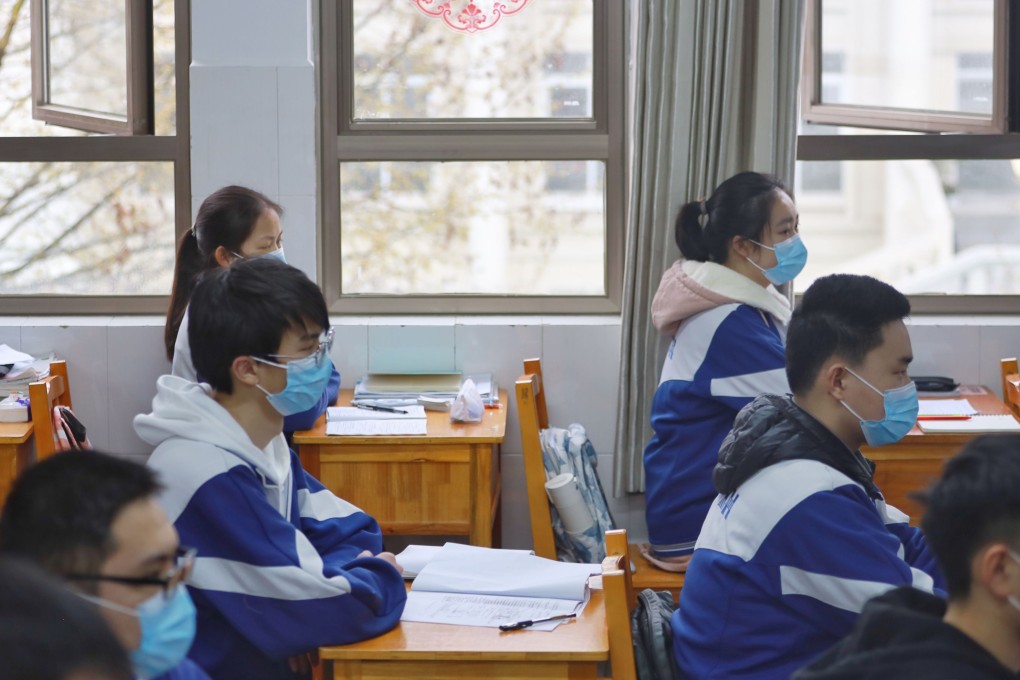China’s US$4.6 billion overseas study tour market halted by coronavirus
- Education tourism is hugely popular among wealthier families, but health concerns, travel restrictions and uncertainty about school holidays mean that this year most youngsters will be staying at home
- Shanghai-based Only Education says it helped 1,000 children go on study tours in 2019, but this year the figure could be zero

“In previous years, we’d have already booked the school, paid the fees and bought the plane tickets by now,” Cheng said.
“But this year, there’s too much uncertainty, so we can’t make any plans.”
International study tours have become very much de rigueur for China’s more affluent families in recent years. In 2019, the so called education tourism market was worth 33 billion yuan (US$4.6 billion), with about 1.3 million youngsters spending part of their summer holidays studying overseas, according to a report by Beijing-based consultancy Huaon.com.
But with much of the world now in the grip of a Covid-19 pandemic – as of the weekend the disease had claimed more than 12,700 lives, with close to 290,000 people infected – the industry has ground to halt.